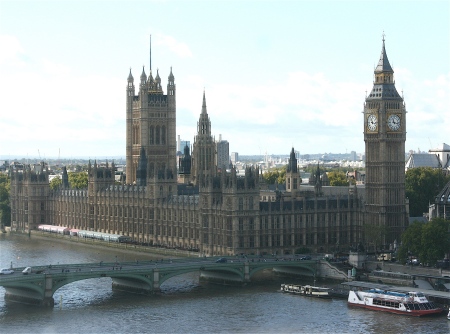These days we’re always being encouraged to innovate – to do things differently and improve.
Sometimes when we try to do things differently, we make mistakes. It seems that making mistakes is an essential part of innovation.
Sometimes the mistakes can be better than our first intentions! In 1928 Alexander Fleming was working with a bacterial culture which became contaminated and died. This ‘mistake’ led to the discovery of penicillin, which has saved countless lives ever since.
But unfortunately, sometimes the mistakes just make things worse, and then we have to learn from our mistakes and try again – what used to be called ‘learning by trial and error’.
In these days of extended accountabilities and media spotlights, risk is invariably seen as bad.
But if we can’t make mistakes, won’t we expose ourselves to the biggest risk of all – the risk of reducing our capacity to innovate and improve?
If we can’t learn from making mistakes, are we making a rod for our own backs?
So why don’t companies come right out and say “It’s ok to make mistakes”?
Of course there would have to be safeguards, but how would you feel if your employer said it’s ok to make mistakes:
- Provided they are honest mistakes, made with the best of intentions and not because you were just being sloppy or negligent;
- Provided you take responsibility for your mistakes;
- Provided you learn from your mistakes, taking steps to make sure you don’t make the same mistake again; and
- Provided you help your colleagues learn from your mistakes, sharing your experience with them in order to reduce the risk of them ever making the same mistake that you made.
If your company had a ‘Mistakes Policy’ like that, would you feel supported, more able to innovate and improve?
If this wouldn’t work for you, what would you need?



